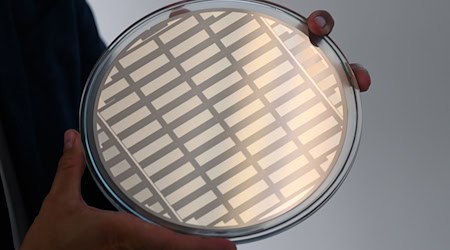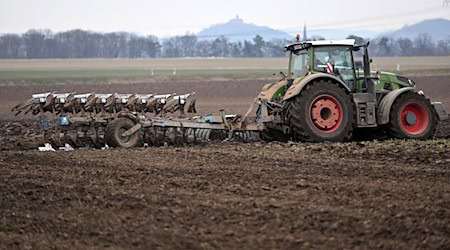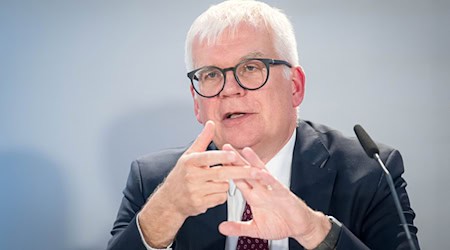Joy for the AfD, disappointment for the SPD and Greens: initial counts in the European elections in Saxony on Sunday indicate a lead for the AfD. Early in the evening, AfD state leader Jörg Urban expressed his satisfaction with his party's performance. "We have become the second strongest party in Germany," he said on Sunday evening. He is extremely pleased about this. "It is also good that the eco-socialists of the Greens have fallen dramatically." Anna Cavazzini, the leading Green candidate in Saxony, stated that her party could not be satisfied with the result. "We have clearly fallen short of our potential." She added that it was now necessary to analyze how her party could make greater inroads with its issues in the future.
Shortly before 8 p.m., the website of the state election administrator reported the results of 79 out of 418 municipalities. However, this was only around five percent of those eligible to vote. Significant changes were therefore still possible, especially as no results were yet available from the three largest cities of Leipzig, Dresden and Chemnitz. To date, the AfD has achieved 41.4 percent (2019: 25.3 percent). The CDU followed in second and third place with 24.2 percent (23.0), ahead of the Sahra Wagenknecht Alliance (BSW), which competed for the first time and achieved 12.0 percent. They were followed by the SPD with 4.7 percent (8.6), the Free Voters with 3.0 percent (2.9) and the Left Party with 2.9 percent (11.7). The Greens, who co-govern Saxony, only achieved 2.0 percent (10.3).
He could not be satisfied with the result for his SPD, said Saxony's leading candidate Matthias Ecke after the first projections. Ecke was attacked during the election campaign in Dresden and beaten until he was ready for hospitalization. "It was the toughest election campaign we have ever experienced - with verbal and physical attacks. This is a challenge for democracy. We have to take this seriously and work through it so that we learn the right lessons for the future."
Ecke was also pleased about his foreseeable return to the European Parliament and the increased voter turnout. He took a differentiated view of the AfD's result. The AfD had remained well below the interim poll figures, but had made gains. It was now up to the other parties to develop appropriate strategies to counter this: "However, we can also see that the growth of the AfD has limits."
In Saxony, around 3.3 million people were called upon to cast their vote from 8.00 am to 6.00 pm on Sunday. Elections were held not only for the new European Parliament, but also for local councils. Almost 3600 polling stations were available for this purpose. In the European Parliament elections, 16-year-olds were already allowed to vote.
Copyright 2024, dpa (www.dpa.de). All rights reserved










